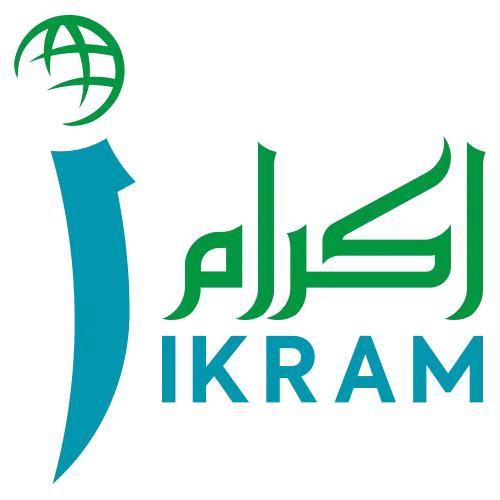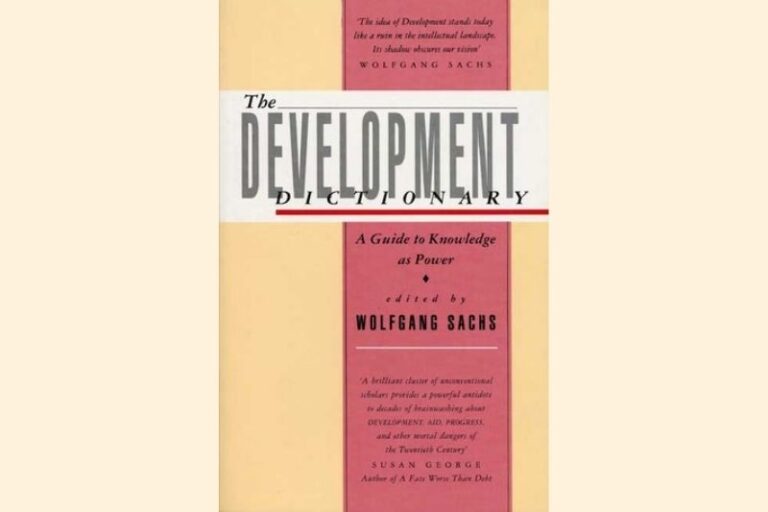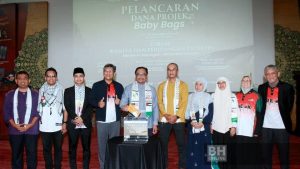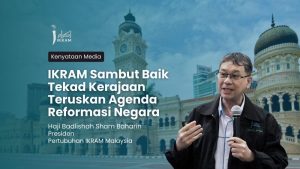‘Development’ seems to be the buzzword of the 21st century, and for very good reason. It can be defined in many ways, but the one we should consider is development as the application of techniques or technology towards the production of new goods or services.
Those who propose it across different sectors and varied locations have reaped the rewards of its implementation, with standardisation of operations a key factor to business being on the up.
When there is demand, there ought to be supply, right? Well, the demand for ‘development’ holds an implicit assumption that there are segments across the globe which have yet to reach some form of arbitrary progress.
As comprehended generally by the Western world, those who do not comply to such standards are deemed backward or ‘less developed’. There are many who would go further, as to argue that the development model is merely an offshoot of colonial practices in far-flung lands.
These scattered parts of the global population are thus in need of aid by none other than those who give definition to the very word ‘development’.
At the gist of it, ‘The Development Dictionary: A Guide to Knowledge as Power’ talks about the multifaceted nature of development and the various issues it creates for many around the world.
In this pioneering collection, some of the world’s most eminent critics of development review key concepts of the development discourse, an engagement that is set in the post-war era. Each essay examines one concept from a historical and anthropological point of view, and highlights its particular bias.
Exposing their historical obsolescence and intellectual sterility, the authors call for a bidding farewell to the entire Eurocentric development thought process.
This is urgently needed, they argue, in order to liberate people’s minds and to help facilitate bold responses to the environmental and ethical challenges now confronting humanity.
These essays are an invitation to experts, grassroots movements, as well as students of development, to recognise the tainted glasses they put on whenever they take part and are involved in the development discourse.
As it were, such standards of progress are bound to create more alienated individuals, more fissured societies, and at a larger scale, countries that will not be able to compete in a cold and demanding world of environmental pillaging and narcissistic economic flexing.
More often than not, pollution and environmental degradation are seen as effects of the rise of development. Bulldozers and other large machinery are used to go through the terrain, crushing everything in sight without compromise.
Billowing fumes from these machines then fill the air, increasing both carbon dioxide and carbon monoxide levels in the surroundings.
Marshall Sahlins, an American anthropologist best known for his ethnographic work in the Pacific, pointed out that hunter-gatherers were the original affluent society because they thrived on subsistence.
Enough was always enough – there was no need to devote one’s life to the now normalised goal of wealth production. With this in mind, Sachs says that it is impossible to talk about development without reference to concepts such as poverty, production, the notion of the state and equality, among others.
Each of these concepts crystallises a set of tacit assumptions which reinforce the Occidental worldview. Moreover, the urgent need to develop has so pervasively spread these assumptions, that people across the globe are caught up in a Western perception of reality.
The guiding light that cuts through such a perception is knowledge, in that it wields tremendous power; carving out and highlighting a certain reality which casts into oblivion other ways of relating to the world.
It is not erroneous to state that the more we want, the more we destroy. The more we destroy, the more we lose. We have to be disheartened by the possibility of future generations suffering due to our actions (or the lack thereof).
In the first chapter of ‘The Development Dictionary: A Guide to Knowledge as Power’, Gustavo Esteva made clear that the development enterprise was launched the day President Truman took office.
Esteva, a prominent Mexican activist who is one of the best-known advocates of post-development, elucidates: “In a real sense, from that time on, they (the ‘underdeveloped’) ceased being what they were, in all their diversity, and were transmogrified into an introverted mirror of others’ reality: a mirror that belittles them and sends them off to the end of the queue…”.
From this starting point, ‘underdeveloped’ areas across the globe needed a revamp, a change in setting, an alteration of methods to reach a goal that was conceptualised by the game changers.
Essentially, it is the making of the poor to be fit to work, to produce, to commit to a cause that was not present prior to the rallying cry of having to be developed. This tragedy as it were, makes different the lived experiences of the marginalised; those in the peripheries.
Since that day in 1949 (Truman’s second inauguration), to escape from the undignified condition of underdevelopment is the new telos, a purpose for large segments of society to ‘catch up’ to the might of the Western world in general, and the United States of America in particular.
Although it is difficult to actually point out which chapter is the most compelling in a literary sense, the fundamental fact that can be taken away from this book is that for two-thirds of the people on earth, the usually positive underpinnings associated with the word ‘development’ is rendered null and void.
As argued throughout, although development has its benefits from a Western notion of progress, the vast majority of the ‘underdeveloped’ sees it as a form of social construction and a reminder of ‘what they are not’. It is a constant ringing in the ears of an undignified and undesirable condition.
To remove themselves from the insidious and invisible shackles of the aforementioned term, the ‘underdeveloped’ would have to navigate away from the experiences and dreams of others (the rulemakers). For now, this seems an arduous, if not impossible task given our current fixed realities.
Arief Subhan, Kuala Lumpur







